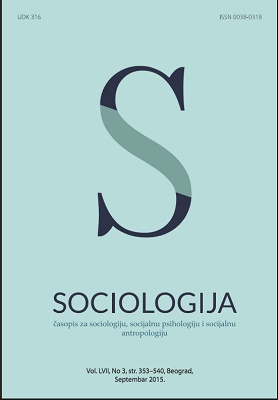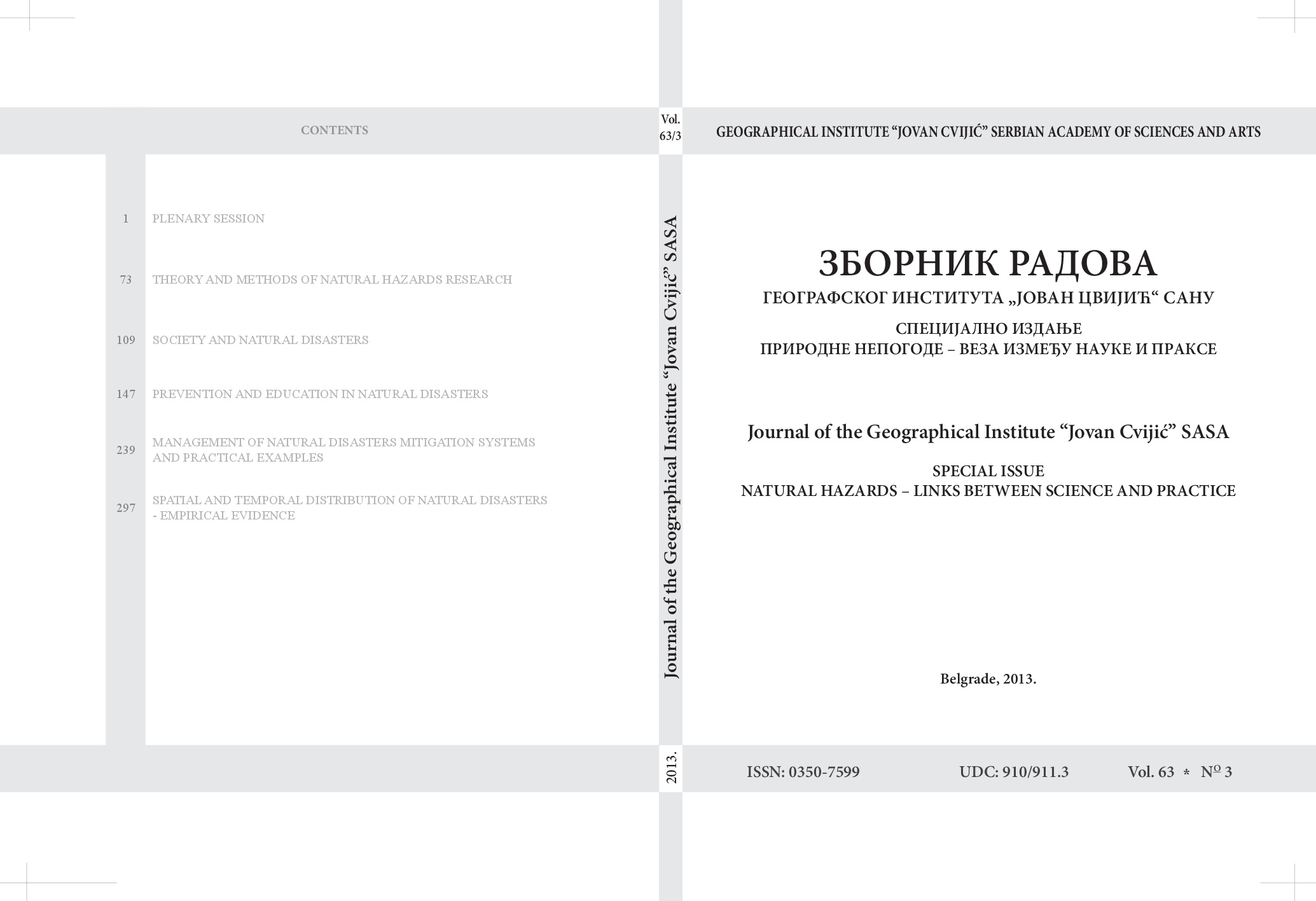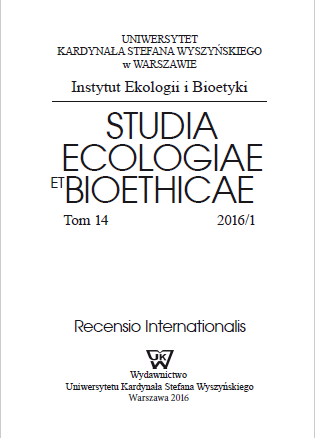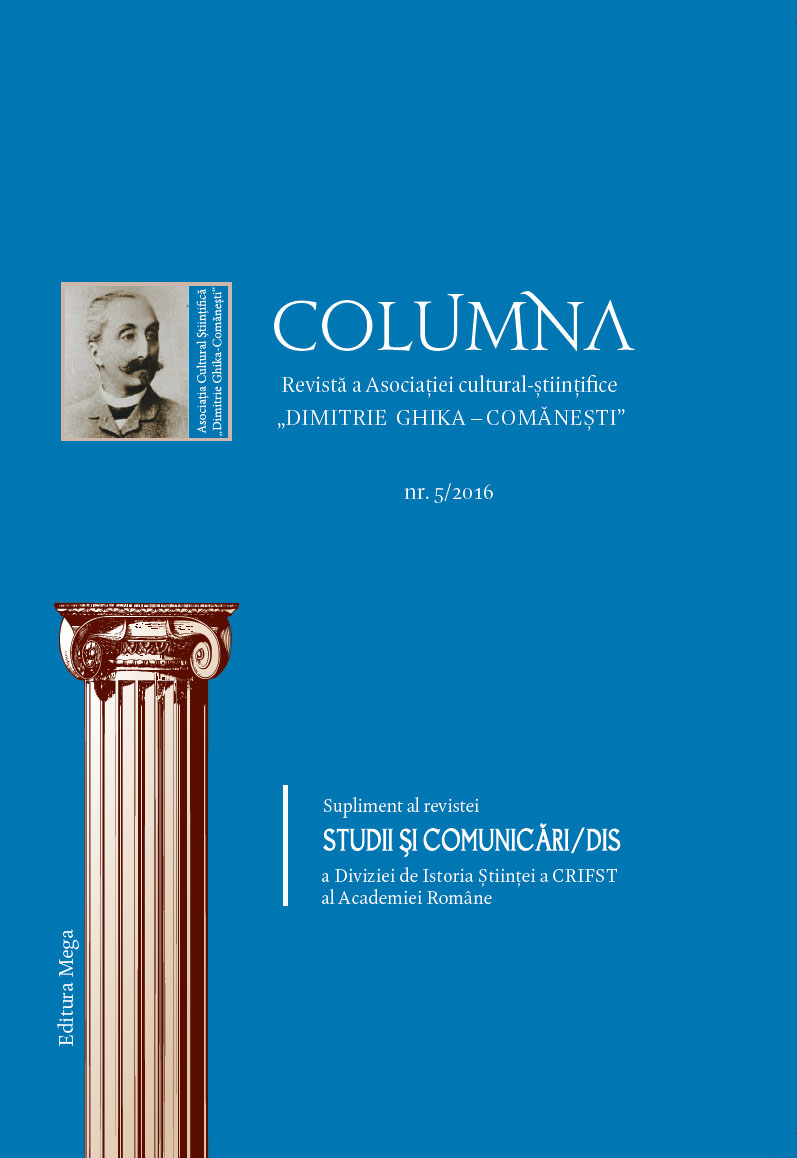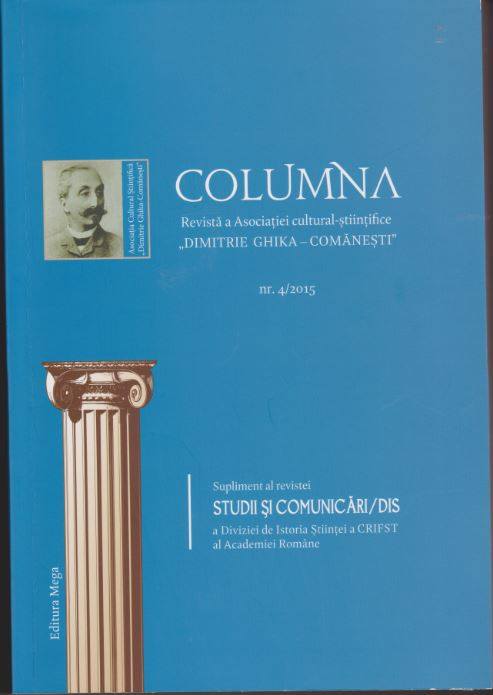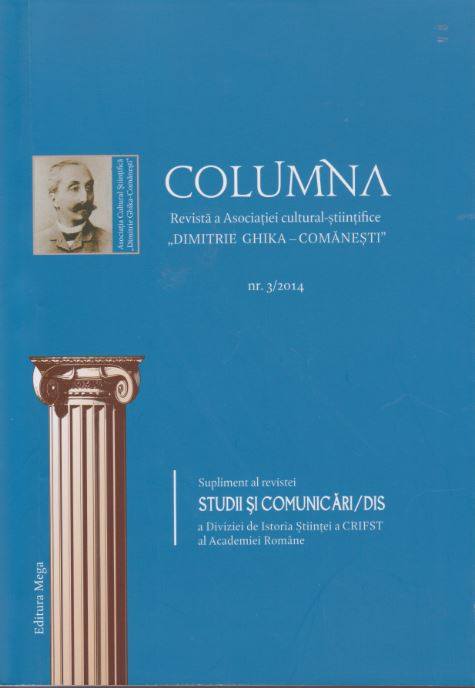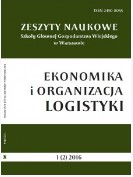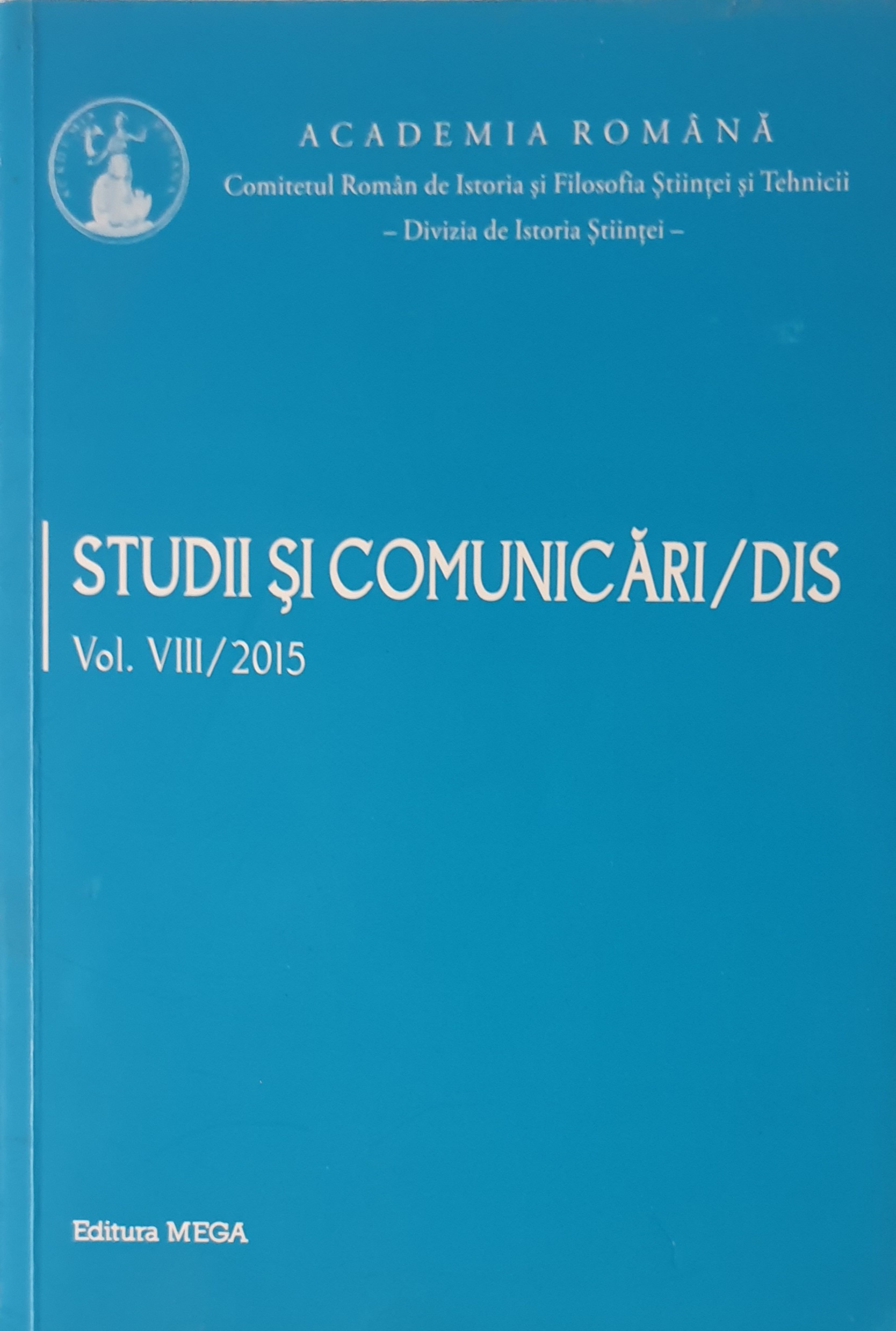Author(s): Tereza-Monica Lupascu / Language(s): Romanian
Issue: 4/2015
The article reinforces the teaching methods referring to the general principles, pedagogy and management strategies used for class‑room instruction. The choices of teaching method depends on what fits you best— your educational philosophy, classroom demographic, subject area(s) and school mission statement. The author reveals teaching theories primarily falling into two categories or „approaches”— teacher‑centered and student‑centered. Teachers are the main authority figure what model. Through these teaching methods, teachers can gain a better understanding of how to govern their classroom,implement instruction and connect with their students.Steps to effective environmental education in primary schools are dependent on the degree of involvement in achieving its objectives. In order to achieve its objectives it is necessary to combine procedures,methods, techniques and forms of organization of work, chosen by the teaching staff, depending on the conditions and facilities, with the needs of the educated one.Educational method is a path, a concrete way of action in the process advisory‑educational, which is aimed at achieving aims well determined, meant to improve efficiency of the teaching and learning assessment.In a lessons of environmental education in primary schools, can be used on both traditional methods as well as modern and interactive methods, as observation, experiment, demonstration (methods based on exploration and discovery), exercise, case study method, practical work, project (methods based on action), explanation, conversation and debate (methods based on communication), clearance procedure, work‑sheets and interactive methods. Another important thing is to use a combinations of tools, materials, suitable products, that are intentionally selected to succeed achieving the objectives of environmental educational, such as plants, animals, fruit, vegetables, water, sand, stones, leaves, pressed petals, dried herbs, pieces of wood, or pictures, molds, dashboards, cartons, glasses of ice cream or milk, plates and tablespoons of plastic, colored paper, pieces of cloth, bags, magazines, newspapers. Steps to effective environmental education depend on the manner in which the professor manages to combine in a system, in the lessons,frontal activity, individually or in a group. The last step is evaluation. Evaluation shall establish the level of each student and comparing it with a level of performance by default. For this can be used: oral checks, documentary evidence, practical test, tests with all types of items (traditional methods) or systemic observation, investigation, project, portfolio (modern methods).
More...
